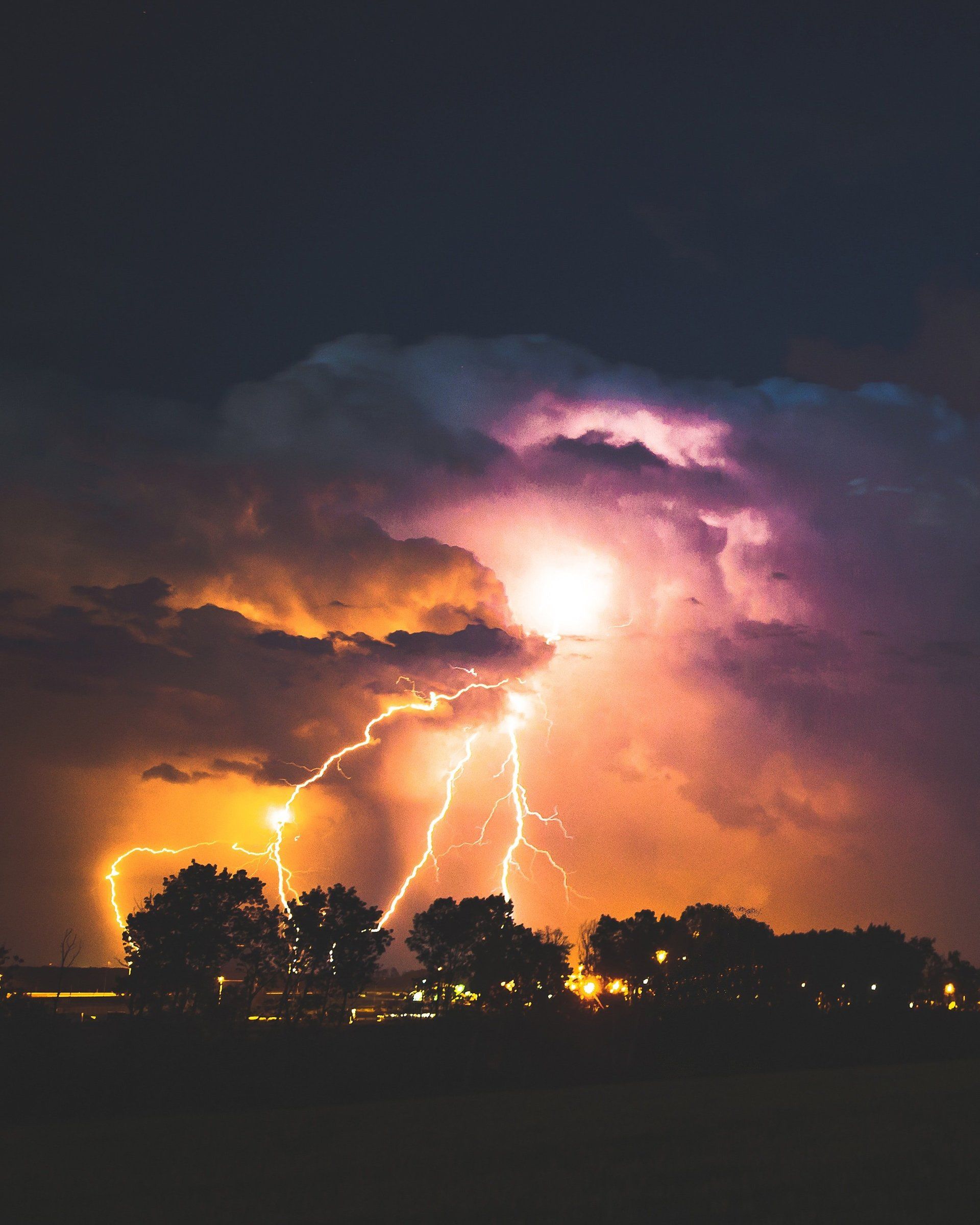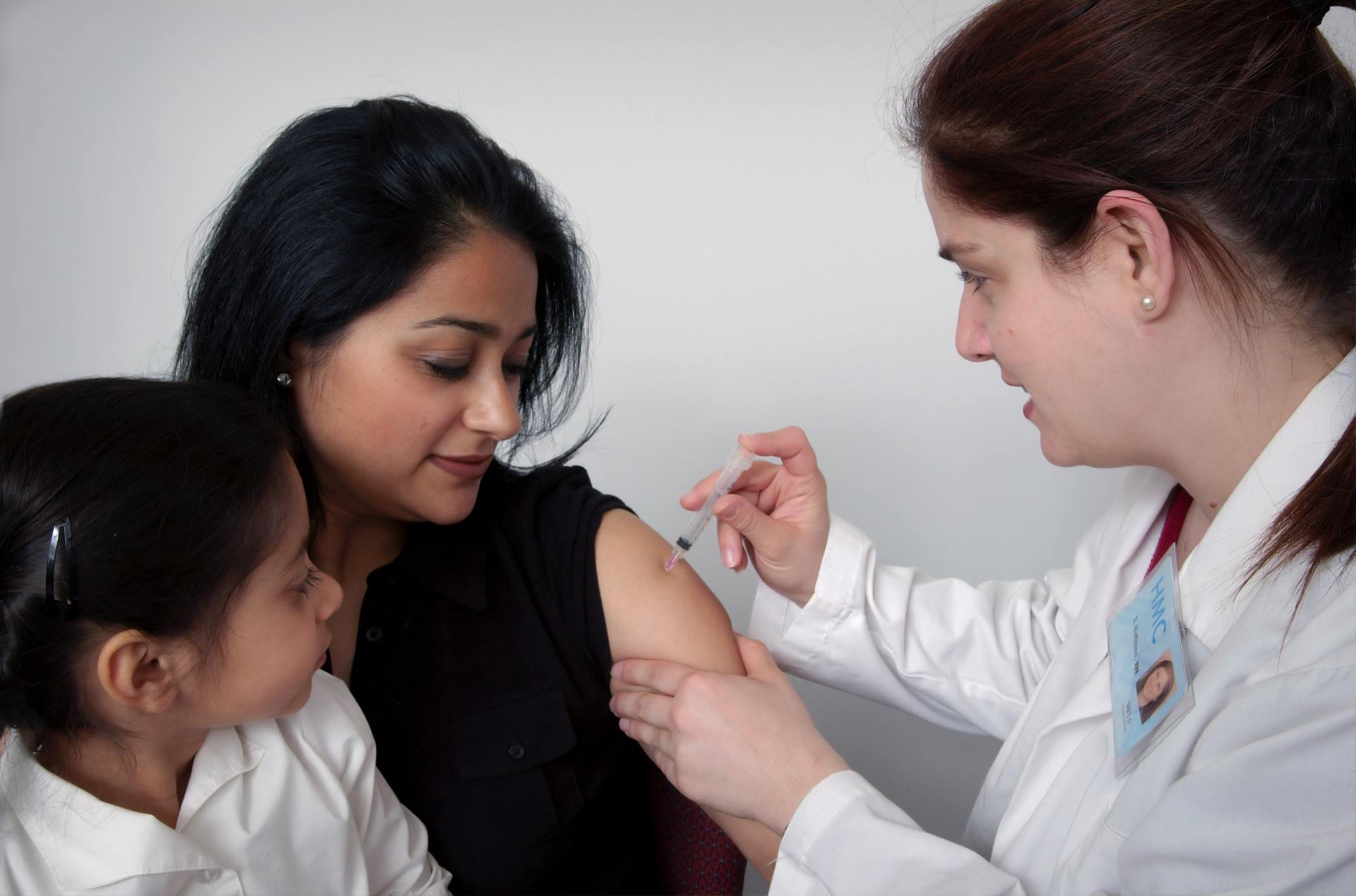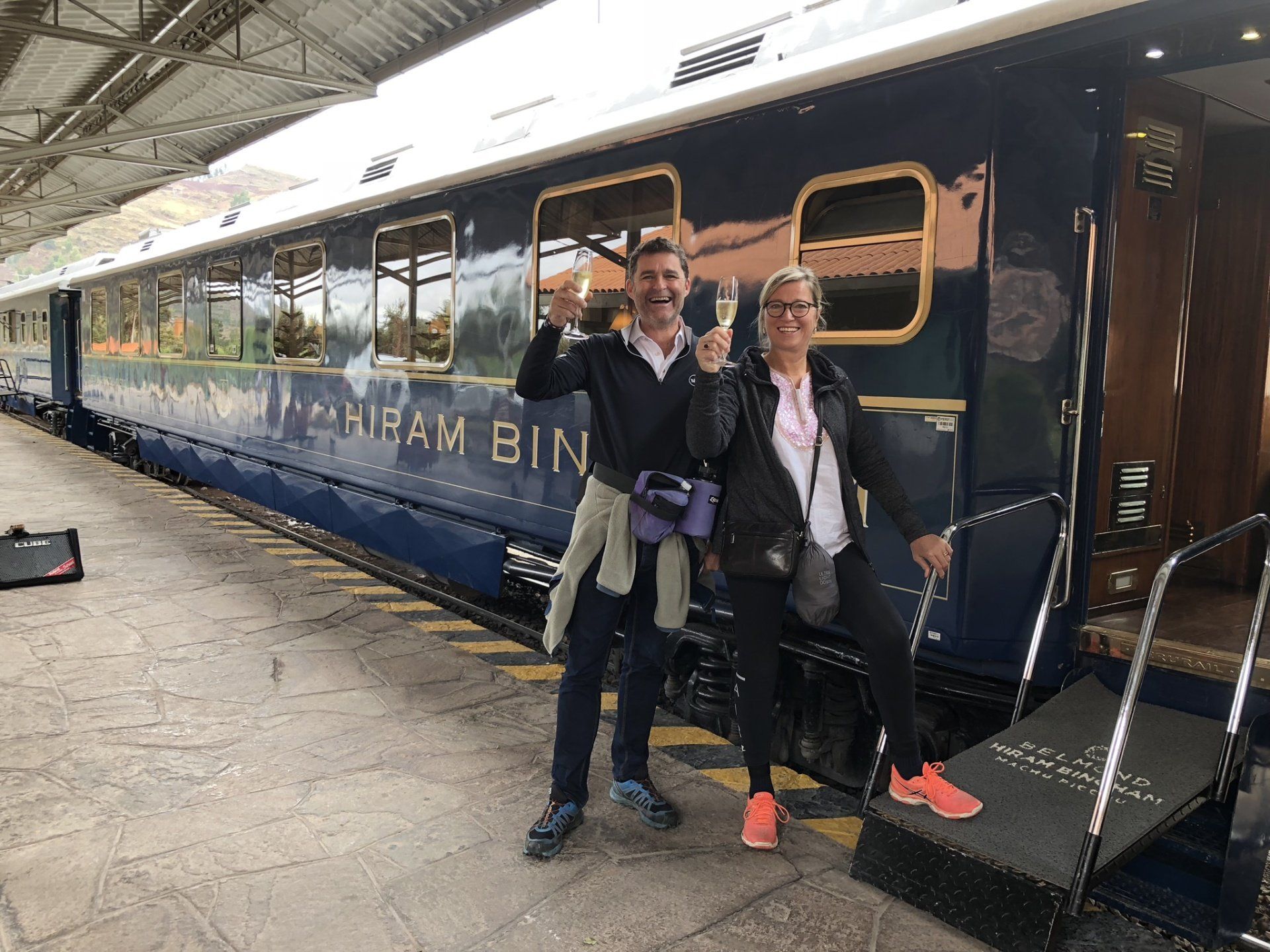BLOG

We often get asked “when is the best time to visit”, the reality is that we can give you an indication and a steer, but nothing is guaranteed. Monsoon might come early, it might come late; it might be so dry that water is being rationed. All of these situations have happened to us whilst travelling and it hasn’t stopped us doing anything. By travelling on the shoulder season ie neither the best nor worst time to visit, you enjoy cheaper prices, less busy beaches, more choice of accommodation because they aren’t as full. There is a lot to be said for not going at the peak perfect time to travel. There are also contradictions within countries themselves because of their size and mountain ranges. For example July and August are monsoon times in most of India, but in northern India, Ladakh, this is the very best time to trek in the Himalayas. Maybe the best question to ask is “we are looking for a relaxing sunshine holiday in June – what are our long haul choices?” Or “we’d like to see the wildebeest migration, when would give us the best opportunity”. Try to be more flexible in your holiday planning and take clothing for all occasions. There's no such thing as bad weather, just bad wardrobe choices.

Please remember to consult your doctor before travelling about the required immunisations for your holiday destinations - all of them! You should be issued a certificate which you ought to travel with in the case of yellow fever and cholera, but it is in any case, best practise to know what you've had and when to update it. Also remember to take any routine medicines you need with you and also that you may need a doctors note declaring why you need that medicine. We are unable as tour operators to get into recommending what you need, however for an indication you can look online and act accordingly. Some immunisations require 2 doses with a 7 day gap (eg Yellow fever) so try to organise with your doctor a schedule which takes this into account. Most travel jabs require private payment (not on NHS) so factor this in accordingly. Please be mindful that certain countries will not allow particular medicines in their country, which we in the UK regard as standard. Do your research. Get the required immunisations in time. Maintain a healthy immune system prior to travelling.

An early start from Pisco, the station next to Cusco and much thanking of Pacha Mama before boarding the train. We had enjoyed a couple of days in the Sacred Valley before heading to the higher climes of Cusco to acclimatise to the altitude. We had already learned a great deal from our amazing local guide and we were very “onboard” with the spirituality of the area and the history of the Incas, so when we were asked to bless the train, bless Pacha Mama with 3 leaves of coca being set alight and blown to the winds, we loved it. Plus champagne at 730am helps with the vibe. The Belmond Hiram Bingham train turned out to be one of the best discoveries we made on that trip. Old school loveliness, polished wood, table cloths, fine wines, tasty food and impeccable, friendly service. To the rear of the train there was a viewing platform which was next to the 3 piece band who serenaded us all the way up the mountain (sounds cheesy, but wasn’t). The mountains are steep and high, covered in trees and snow at the top and the train slowly ascends as you get silver service over lunch. The train travels through the Scared Valley before climbing up to Macchu Piccu village – where all the trains stop. From there you are transported to the entrance by bus, up a very windy road. Worth saying here I was next to a man with vertigo who was not enjoying it. The mountains are steep and high, covered in trees and snow at the top and the train slowly ascends as you get silver service over lunch. The whole experience is like something from an Agatha Christie novel - not to be missed.
